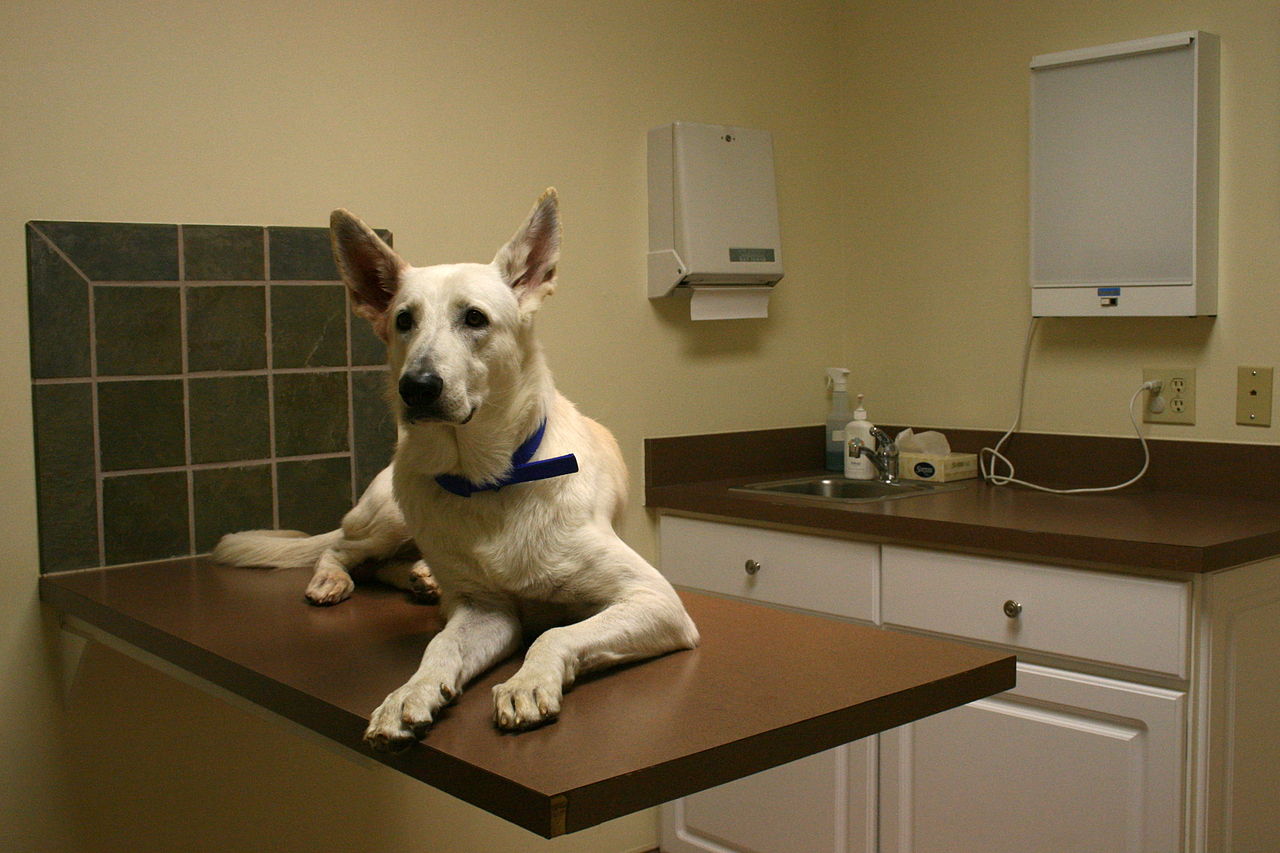May 2014
After being told the myriad benefits of fish oil for our pets (and ourselves), we are now hearing that they may not always be necessary and in some instances, not safe.
Omega 3 in fish oil gives balance to omega 6 found mainly in grains and vegetable oils. If your pet eats a diet that contains a high amount of grains and these oils, supplementing with fish oil is beneficial. But if you change your dog’s diet to grain-free and possibly raw or home cooked meat, supplementation may be unnecessary.
However the amount of omega 3 in meat from cattle varies with how high the grain content in their diet.
Puppies, pregnant and nursing dogs, those with injuries or chronic diseases need more fatty acids in their diet. The addition of liver, egg yolk and some cod liver oil, taking into account that they are eating an appropriate diet, may be enough to improve their overall health.
Some signs of the need for more omega 3 can be dry skin and coat, itchy, flaking skin, tiring quickly, brittle nails, joint pain.
Before rushing out to buy omega 3, there are some things to consider.
Too much fish oil and omega 3 can lead to Vitamin E deficiency.
All omega 3 supplements are not the same. Some are better than others. When purchasing, choose a reliable manufacturer.
If the fish oil oxidizes and is ingested, it can cause cell damage. Make sure to purchase your fish oil from a reliable company. Keeping the capsules in a glass container and in the refrigerator slows down the oxidation process.
You might want to consider feeding fresh, cooked (never raw) fish to your dog. There is a problem with increasing pollution and toxins in our oceans and other waters. These toxins may be found in fish oil capsules too, in some degree. The selenium in fresh fish binds with the toxin, mercury, and can prevent brain damage.
It’s important to research which fish contain the least number of toxins (such as sardines). Eating fresh food is usually best and helps keep a proper balance of the nutrients the body absorbs.
All that being said, it does not mean that fish oil is not beneficial. It’s important to take your dog for regular health checkups. Your vet can tell you if fish oil supplementation is necessary for your dog and can advise you as to the right dosage for your pet.


